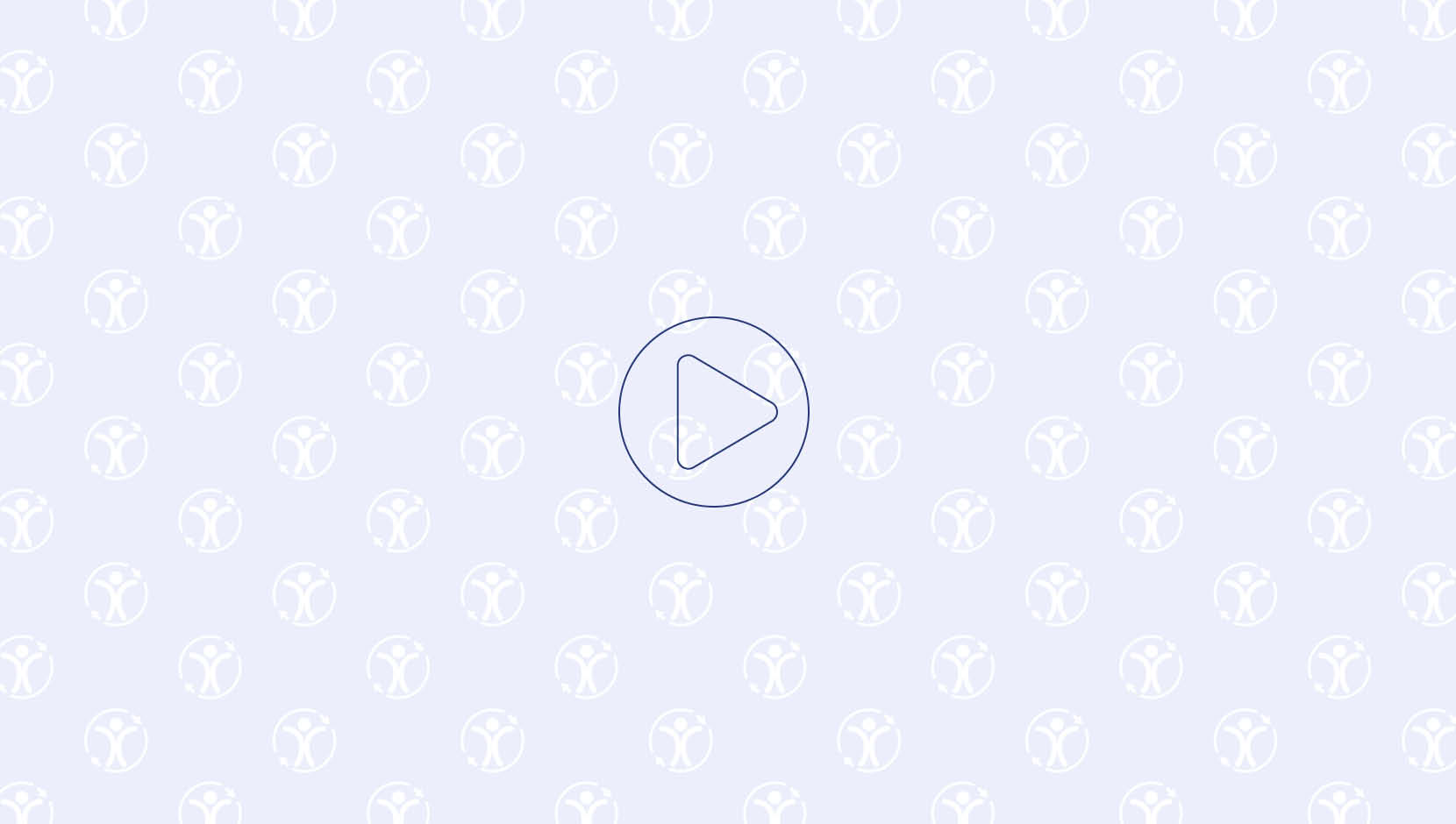Making Room for Disability in Tech


Kirsten’s resume is impressive, however on paper, you wouldn’t assume she’d end up as the Head of Production at a 3D animation pipeline. Find out how she landed at Daz 3D and is making a huge impact to increase representation working in tech!
Transcript for this video:
[Kirsten Sharpe] I think diversity is so important, not only in a workplace, but just in society, because that’s how we learn.
And when you bring a different lens or perspective to any topic or initiative, it creates an arena for conversation.
And it creates the opportunity to teach and to learn.
My name is Kirsten Sharpe, and I am head of content production for Daz 3d and Tafi.
It’s interesting, because I never thought that I was a technical person. But sometimes you surprise yourself.
I grew up with a huge love of psychology, I love the way the human brain thinks. And then I ended up getting a scholarship through Global TV for a person with a disability to go to BCIT. And it kind of launched me into what I wanted to do.
I think if you’re considering moving into anything tech related, look at your skills, think about what your core values are, there is probably a role for you somewhere.
So currently I am working with Daz, I always refer to it as visual effects animation industry, because it technically is, but it’s a marketplace.
[Ty Duperron] There’s an old saying in art that the scariest thing in the world is a blank page.
DAZ Studio is a free software. And what we do is we provide a toolset that creates highly realistic characters, environments and stuff that people can render. It allows people to get into 3d at a lower barrier of entry so they can get to beautiful art quickly.
[Kirsten Sharpe] I oversee the content team, which encompasses quality assurance,
[Ty Duperron] Her responsibility is to make sure for lack of a better way to describe it that the trains run on time.
She manages our production team, she managed our QA, when it comes to content in the DAZ ecosystem. She’s in charge.
[Kirsten Sharpe] I think my psychology background helps with that realizing that motivating people is what helps them succeed.
You have to understand who they are and understand how to make them successful, which then makes you successful in your role and then makes the company successful.
[Ty Duperron] Kirsten’s background is definitely not necessarily on paper, what you would peg as being the head of an art pipeline, she has this breadth of knowledge and experience that becomes super valuable in what we do.
Because I think what people don’t realize is tech is innovation. Tech is always changing. And you can really be effective when you bring something new to the table or a different way to look at it.
[Kirsten Sharpe] When I was 14 I had a skiing accident. I spent about 10 years doing motivational speaking and telling my story from when I was 16 to 24/25.
It’s always such a rewarding experience going in and talking to a group of kids and trying to have that impact early. Because kids are taught to have a negative perception of disability. They are not born with that.
I happen to use a wheelchair but I am Kirsten first, I’m always Kirsten first.
[Ty Duperron] I think diversity inclusion in the workplace in hiring is absolutely critical. I think you can’t possibly be effective without it. She’s done a whole bunch of work advising TV shows, video games, storytelling around inclusivity.
So she’s great as a benchmark of what’s inclusive and what’s tokenism.
[Kirsten Sharpe] So we create a number of assets that we release as what we call Daz originals, and they really wanted to bring in the piece of inclusion, allowing people to go to the marketplace and represent everyone.
Our flagship characters are Michael and Victoria. And this year for Michael we released him as a university student who is also a wheelchair basketball player and some as a very low level paraplegic, so his legs had a morph that he could have the skinny version to accurately represent someone who would use a wheelchair.
And we just released Bonnie in September who has Down Syndrome, which we consulted with the Victoria Down Syndrome Society so that we could accurately represent her.
It’s been really great learning and ensuring that we are representing our releases as accurately as we can.
I hope I bring a unique lens to my work and I hope I bring a unique lens to the people I work with.
I am really on a crusade to redefine normal because who’s normal anymore?
